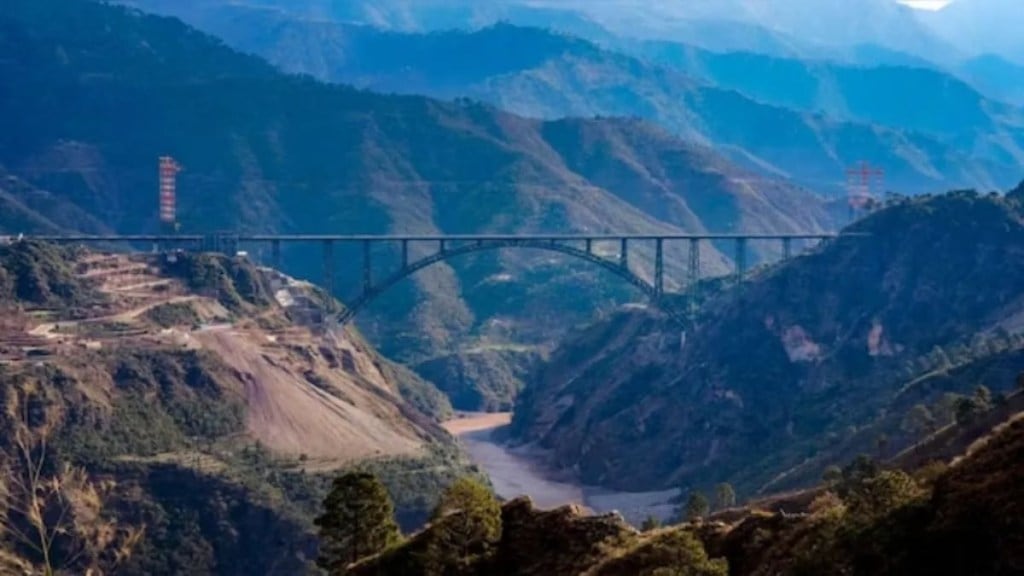The final safety inspection of the newly constructed 111-kilometer-long Banihal-Katra railway section, which connects Jammu to the Kashmir Valley, has commenced. Union Railway Minister Ashwini Vaishnaw announced the development on social media, stating – Final stage CRS safety inspection of the USBRL Project commences for Katra-Banihal section.
According to the Ministry of Railways, the completion of this section will reduce travel time between Jammu and Srinagar to just three hours and ten minutes, enhancing connectivity and providing a world-class travel experience. The Jammu railway station is also undergoing redevelopment, with eight platforms and modern amenities to support the expected surge in passengers.
Key features of Banihal-Katra section
This section of the Udhampur-Srinagar-Baramulla Rail Link (USBRL) is a remarkable engineering feat, featuring 97 kilometers of tunnels and 7 kilometers of bridges. Notable achievements include:
- Chenab River Arch Bridge: The world’s highest railway arch bridge at 359 meters, built using 30,000 tonnes of steel with rock bolting technology.
- Anji River Cable-Stayed Bridge: India’s first cable-stayed bridge, showcasing advanced engineering solutions.
- Other Bridges: The Reasi and Bakkal Bridges add to the connectivity and infrastructure of the route.
Innovative engineering and safety measures
Railway engineers employed the Himalayan tunneling technique instead of conventional methods to ensure safety and structural strength. The section includes 67 kilometers of escape tunnels, ballast-less tracks for smooth operation, and state-of-the-art cameras placed every 50 meters in tunnels, all connected to a central control room.
Vande Bharat Express in Jammu and Kashmir
An 8-coach Jammu-Srinagar Vande Bharat Express will soon begin operations, providing all-weather connectivity. This specially designed train is equipped to handle extreme cold conditions, with anti-freezing features, advanced heating systems, and heated windshields for the driver’s cabin. Heating elements in plumbing and bio-toilets ensure uninterrupted services even in sub-zero temperatures as low as -20 degrees Celsius.
To maintain uninterrupted operations, snow removal trains will clear the tracks ahead of passenger and freight services. The anti-vibration seismic devices installed in the region will absorb tremors, ensuring safety in the earthquake-prone Zone V.
The rail project has also resulted in the construction of 215 kilometers of roads, improving access to remote areas. This enhanced infrastructure is benefiting local residents while providing travelers with a safer, faster, and more reliable journey across the challenging Himalayan terrain.
